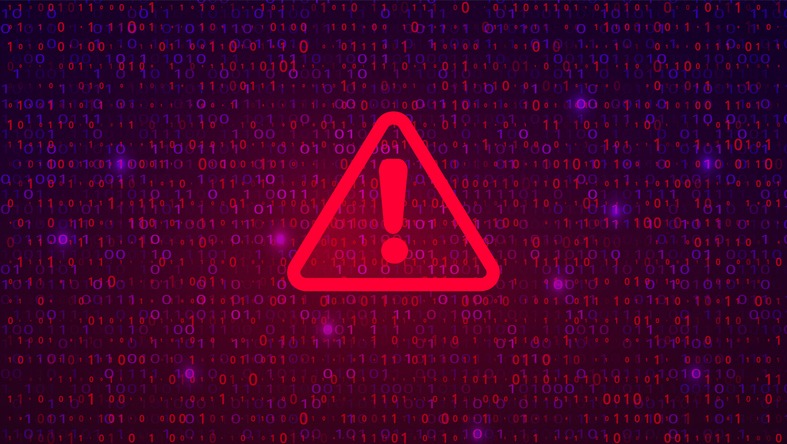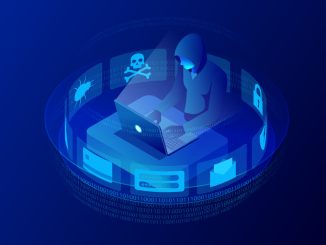As reported by NHS England, despite progress, NHS London faces ongoing disruptions from June’s ransomware attack on Synnovis systems, affecting thousands of appointments
Over four weeks on from the cyber attack, NHS organisations across London continue to work in partnership to ensure people who require critical and urgent care receive it.
NHS England is also continuing to work with Synnovis and the National Crime Agency to respond to the criminal ransomware attack on Synnovis systems.
In response to the attack, NHS England London declared a regional incident and continues to coordinate work across affected services, as well as with neighbouring providers and national partners to manage disruption.
Some services, such as outpatient appointments, are now operating to similar levels to before the incident but there continues to be disruption to other services.
Urgent and emergency services have remained available as usual, and patients should access services in the normal way by dialling 999 in an emergency and otherwise use NHS 111 through the NHS App, online or on the phone (111).
Patients will be kept informed about any changes to their treatment by the NHS organisation caring for them. This will be through the usual contact routes including texts, phone calls and letters.
The data for the fourth week of reporting (24-30 June) shows that across the two most affected trusts, King’s College Hospital NHS Foundation Trust and Guy’s and St Thomas’ NHS Foundation Trust, 1,517 acute outpatient appointments and 136 elective procedures had to be postponed because of the attack.
This means so far 4,913 acute outpatient appointments and 1,391 elective procedures and have been postponed at King’s College Hospital NHS Foundation Trust and Guy’s and St Thomas’ NHS Foundation Trust since 3 June.
Dr Chris Streather, Medical Director for NHS London, said: “I’m incredibly proud of how the NHS in London continues to work to minimise the impact on patients, with staff working hard to maintain patient safety and provide the high-quality care that we strive for across the capital.
“Although we are seeing significant progress, with most services operating near to normal, we continue to work tirelessly in partnership with our colleagues across London to ensure all services are back to being fully operational as quickly as possible.
“Last week, King’s College Hospital and Guy’s and St Thomas’ NHS Foundation Trusts had to deal with the added pressure of industrial action which put further demands on staff, so I would like to recognise the hard work of all their staff who put robust plans in place to maintain patient safety.
“The mutual aid agreements that have been put in place in primary care continue to show progress to meet urgent demand, with pathology services now operating at 54% of the capacity they had prior to the cyber attack – helping to increase the number of blood tests available in the most critical and urgent cases.”
NHS Blood and Transplant have called out to O Positive and O Negative blood donors to urgently book appointments to donate in one of the 25 town and city centre NHS Blood Donor Centres in England, to boost stocks of O type blood following the cyber incident. You can visit blood.co.uk or call 0300 123 23 23 to book an appointment.
Investigations of this type are complex and can take time. Given the complexity of the investigation, it may be some time before it is clear which individuals have been impacted.
As more detail becomes available through Synnovis’ full investigation, the NHS will continue to provide updates and a helpline has been set up to support people impacted (incident helpline: 0345 8778967).
More details on the incident, including a questions and answers section, are available on the NHS England website.




Be the first to comment